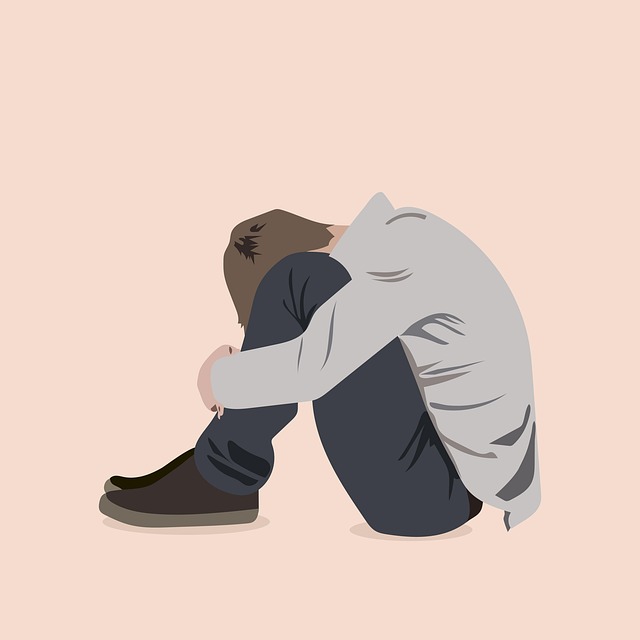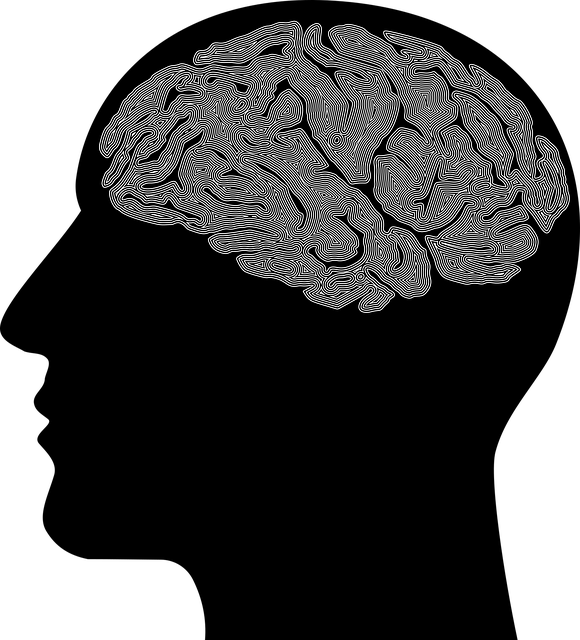Coping skills development is vital for young adults facing academic pressures, social stressors, and identity formation. Effective strategies like mindfulness meditation and creative expression, integrated into therapy plans, enhance resilience and prevent suicide by equipping them to manage crises and impulsive behaviors. Digital era resources, self-reflection, and peer connection are key to identifying healthy coping mechanisms. Tailored interventions in therapy, including Social Skills Training and Compassion Cultivation, empower young adults with tools to combat stress, anxiety, and suicidal ideation, fostering overall well-being and suicide prevention.
Coping skills development is a vital area of focus in mental health support, especially for young adults. This article explores three key aspects of enhancing coping strategies to prevent suicide. We delve into understanding the significance of these skills in at-risk populations, providing practical guides for individuals to identify effective coping mechanisms. Furthermore, we offer therapeutic approaches for professionals to integrate coping skill development into treatment, fostering resilience and well-being among young adults. By addressing these strategies, we aim to equip readers with tools to navigate mental health challenges and promote suicide prevention.
- Understanding Coping Skills and Their Significance in Suicide Prevention for Young Adults
- Identifying Effective Coping Strategies: A Guide for Young Adult Individuals
- Integrating Coping Skills Development into Therapy: Practical Approaches for Mental Health Professionals
Understanding Coping Skills and Their Significance in Suicide Prevention for Young Adults

Coping skills are the strategies individuals use to manage and overcome stressful situations, negative emotions, or challenging life events. For young adults, who often face pressures like academic demands, social stressors, and identity formation, developing robust coping mechanisms is essential. These skills play a pivotal role in suicide prevention by equipping them with tools to navigate mental health crises. When left without effective ways to cope, young people might resort to unhealthy or destructive behaviors as a means of relief.
In the context of therapy for young adults, integrating coping skills development into treatment plans can significantly enhance resilience building. Mindfulness meditation, for instance, has been shown to help individuals stay present and reduce impulsive behaviors. By fostering mindfulness, young adults can better regulate their emotions and respond adaptively to distressing situations. Additionally, encouraging healthy outlets like exercise, creative expression, or connecting with supportive peers can contribute to a robust coping skills development toolkit, ultimately promoting mental well-being and suicide prevention.
Identifying Effective Coping Strategies: A Guide for Young Adult Individuals

Identifying effective coping strategies is a crucial step for young adults navigating life’s challenges. This process often involves self-reflection and understanding one’s unique triggers and stressors. In today’s digital era, where mental health education programs are gaining prominence, young adults have access to numerous resources. Online platforms, therapy for young adults, and support groups offer safe spaces to explore and share experiences. These avenues can help individuals learn healthy coping mechanisms and build resilience.
For instance, mindfulness practices, such as meditation or deep breathing exercises, have been shown to reduce symptoms of anxiety and depression. Engaging in physical activity or creative outlets can also serve as powerful coping tools. Moreover, connecting with peers through mental health awareness campaigns and events contributes to a sense of community and encourages open conversations about mental illness stigma reduction efforts. By combining these strategies, young adults can create a personalized toolkit for managing stress and improving overall well-being.
Integrating Coping Skills Development into Therapy: Practical Approaches for Mental Health Professionals

Integrating Coping Skills Development into therapy offers a holistic approach to supporting young adults facing mental health challenges. By incorporating techniques like Social Skills Training, Compassion Cultivation Practices, and Emotional Regulation, therapists can empower clients with effective tools for navigating stress, anxiety, and even suicidal ideation. These evidence-based practices foster resilience by teaching individuals to recognize and manage their emotions, build supportive social connections, and cultivate a sense of self-compassion, ultimately enhancing overall well-being.
Practical approaches involve tailoring interventions to individual needs, utilizing interactive exercises, group discussions, and mindfulness techniques during therapy sessions. For example, role-playing scenarios can help improve social interaction skills while teaching emotional coping strategies. By fostering an environment that promotes learning, reflection, and growth, mental health professionals can effectively integrate coping skills development into therapy, contributing significantly to suicide prevention efforts among young adults.
Coping skills development plays a pivotal role in suicide prevention among young adults. By equipping individuals with effective strategies, as outlined in this article, mental health professionals can significantly enhance therapy sessions. Understanding and integrating these techniques into treatment plans not only empowers young adults to navigate life’s challenges but also contributes to improved mental well-being and reduced risk of suicidal ideation. This holistic approach to suicide prevention through coping skills development is a vital step towards fostering resilience and nurturing the minds of our youth.











